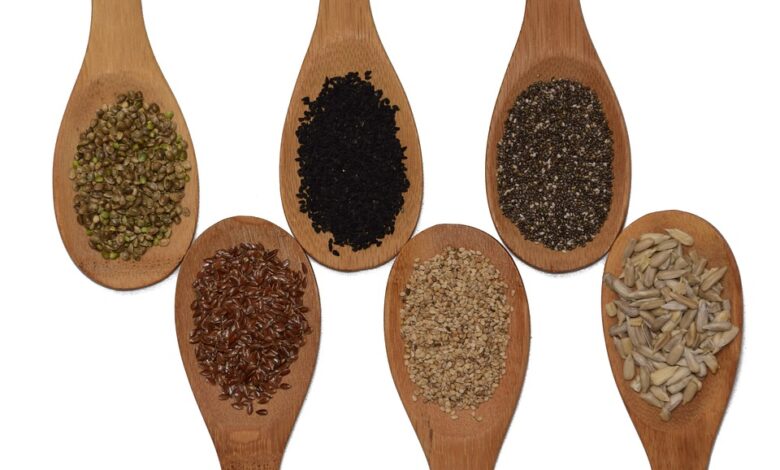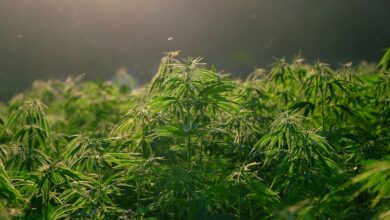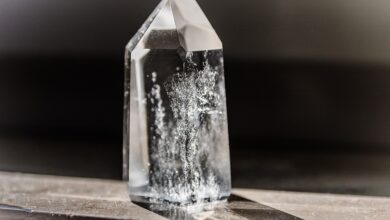Hemp: The Sustainable Alternative to Plastic and Cotton

Hemp is a versatile and sustainable plant that has been used for thousands of years for a wide range of purposes. From paper to clothing, and even building materials, hemp has proven to be a strong and eco-friendly alternative to traditional materials like plastic and cotton. With the growing awareness of environmental issues and the need for sustainable alternatives, hemp is gaining popularity as a go-to material for a range of goods. In this article, we will explore the benefits of using hemp as an alternative to plastic and cotton, and why it is a sustainable solution for the future.
The Benefits of Hemp
Hemp is a fast-growing and renewable resource, making it an ideal material for sustainable products. Unlike cotton, which requires a lot of water and pesticides to grow, hemp can be cultivated with minimal water and no pesticides. This makes it a much more environmentally friendly option for producing textiles and other goods. Additionally, hemp is a crop that can be grown in a variety of climates, making it a versatile and widely available material.
One of the most significant benefits of using hemp is its strength and durability. Hemp fibers are known for being incredibly strong, making them an ideal material for products that need to withstand wear and tear, such as clothing, bags, and even construction materials. This strength also means that hemp products have a longer lifespan than those made from other materials, reducing the need for replacement and waste.
Furthermore, hemp is naturally resistant to mold and mildew, making it an ideal material for products that need to withstand moisture, such as outdoor clothing and furniture. This natural resistance makes hemp a low-maintenance material that can be used for a wide range of products without the need for harmful chemical treatments.
Hemp as an Alternative to Plastic
Plastic pollution is a significant environmental issue, with millions of tons of plastic waste ending up in landfills and oceans each year. One of the key advantages of using hemp as an alternative to plastic is its biodegradability. Unlike plastic, which can take hundreds of years to break down, hemp is a natural material that decomposes relatively quickly. This makes it a much more environmentally friendly option for products that are designed to be disposed of after use, such as packaging and single-use items.
Hemp is also a versatile material that can be used to create a wide range of plastic alternatives, such as biodegradable packaging, utensils, and even car parts. As the demand for sustainable alternatives to plastic grows, hemp is becoming an increasingly popular choice for manufacturers looking to reduce their environmental impact.
Hemp as an Alternative to Cotton
Cotton is one of the most widely used and cultivated crops in the world, but its production has a significant environmental impact. The cultivation of cotton requires a vast amount of water and the use of harmful pesticides, making it a resource-intensive and environmentally damaging crop. In contrast, hemp cultivation requires minimal water and no pesticides, making it a much more sustainable option for producing textiles.
Hemp can be used to create a wide range of textile products, including clothing, bedding, and upholstery. The fibers produced from hemp are soft, breathable, and naturally resistant to UV rays, making them an ideal material for a variety of uses. Furthermore, hemp textiles are known for their durability and longevity, meaning that products made from hemp can last much longer than those made from cotton, reducing the need for replacement and waste.
Frequently Asked Questions
Q: Is hemp the same as marijuana?
A: Hemp and marijuana are both varieties of the Cannabis sativa plant, but they are different in terms of their chemical composition and uses. While marijuana contains high levels of THC, the psychoactive compound that produces the “high” associated with cannabis, hemp contains very low levels of THC and is primarily cultivated for its industrial uses.
Q: Is it legal to grow hemp?
A: The legal status of hemp cultivation varies from country to country and state to state. In recent years, there has been a growing movement to legalize the cultivation of hemp for industrial and commercial purposes, and many countries have passed legislation allowing for the legal cultivation of hemp.
Q: Are hemp products more expensive than traditional materials?
A: In some cases, hemp products may be more expensive than those made from traditional materials, as the production and cultivation of hemp can be more labor-intensive and require specialized equipment. However, as the demand for hemp products grows and production methods become more efficient, the cost of hemp products is likely to decrease.
In conclusion, hemp offers a sustainable and eco-friendly alternative to plastic and cotton, with a wide range of uses and benefits. As the demand for sustainable products continues to grow, hemp is becoming an increasingly popular choice for manufacturers and consumers looking to reduce their environmental impact. With its strength, durability, and versatility, hemp is poised to play a significant role in the future of sustainable materials.
[ad_2]




